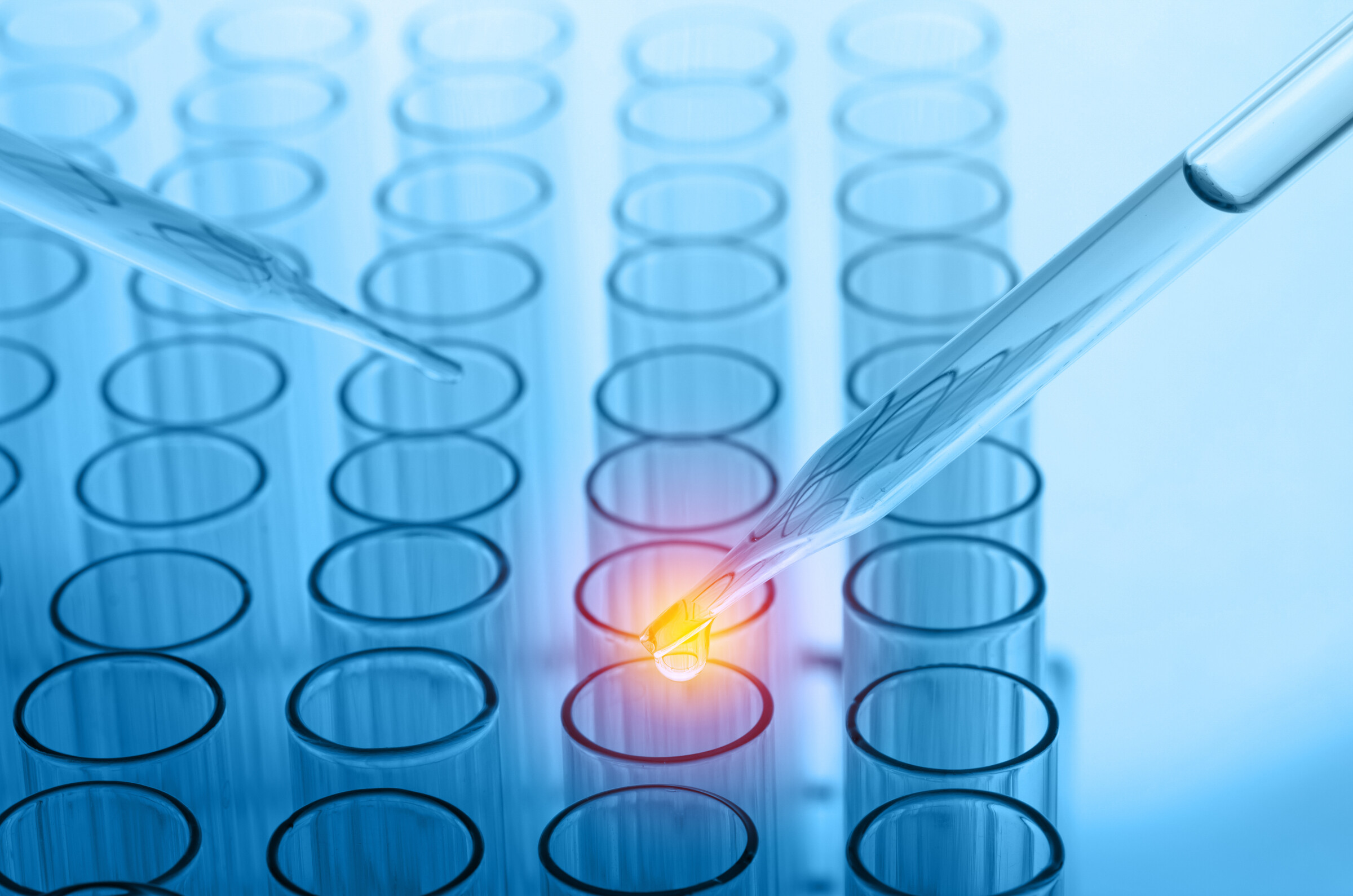No, ovarian cancer does not stop your period in and of itself. It is still possible to menstruate with the presence of the disease in your body.
That being said, let’s answer this question by examining a host of other questions surrounding whether or not ovarian cancer stops one’s period.
Can a missed period be a sign of ovarian cancer?
In some cases, a missed period can be a sign of ovarian cancer, but it is not among the most common symptoms associated with the disease. While it is possible that ovarian cancer can cause changes in one’s period, such as heavier bleeding or irregular bleeding, the most common symptoms of ovarian cancer are bloating, pelvic or abdominal pain, urination frequency or urgency, and difficulty eating or feeling full. If any of these symptoms are new and unusual and persist for more than two weeks, you should see a gynecologist and ask about ovarian cancer.
What is the link between ovulation and ovarian cancer?
Research suggests a relationship between the number of times in a woman’s life that she ovulates and her risk of developing ovarian cancer. Ovulation is thought to contribute to ovarian cancer in some cases, by spurring reproduction of cells, stimulating cell-signaling pathways, and damaging DNA in the process of releasing the egg from its follicle. So things that increase opportunities for ovulation, like never having given birth or breastfed, early menstruation, never taking or rarely taking oral contraceptives, or menopause after age 50 may increase the risk for ovarian cancer. Likewise, pregnancy, breastfeeding, and long-term oral contraceptive use — all of which mean less frequent ovulation — have been shown to reduce risk, along with tubal ligation and removal of the ovaries, fallopian tubes and uterus.
Can women who have not gone through menopause get ovarian cancer?
It is possible to get ovarian cancer at any age, even before one starts menstruating (although this is rare). However, ovarian cancer rates are highest in women aged 55-64 years. The median age at which women are diagnosed is 63, meaning that half of patients are younger than 63 when diagnosed with ovarian cancer and half are older. You can read more about the rates of ovarian cancer at each age.
Does ovarian cancer lead to menopause?
While ovarian cancer in and of itself does not stop menstruation, one can go into menopause depending on the type of treatment one receives. The goal of treatment for ovarian cancer is to remove as much of the cancer as possible through surgery, which is known as debulking, and then to provide what is called adjuvant, or additional therapy, such as chemotherapy, to kill any remaining cancer cells in the body.
Depending on the stage and spread of the disease, it may be possible to keep an ovary if it is unaffected. If a woman is still menstruating at the time of surgery, and keeps one ovary, along with her fallopian tube and uterus, it is possible that she may still get a period. However, if she has a complete hysterectomy (the removal of both ovaries, fallopian tubes and uterus), she will go into menopause. Read more about the side effects of menopause.
How does ovarian cancer treatment affect fertility?
Chemotherapy can damage healthy cells in your reproductive system. Certain treatments, such as a surgery, can put you at risk for infertility or premature menopause. If your doctor suspects ovarian cancer and you think you might want to have children in the future, even if you have not decided yet, it is a good idea to discuss your options for fertility preservation with your health care team before chemotherapy or surgery. Learn more about fertility and egg preservation.


